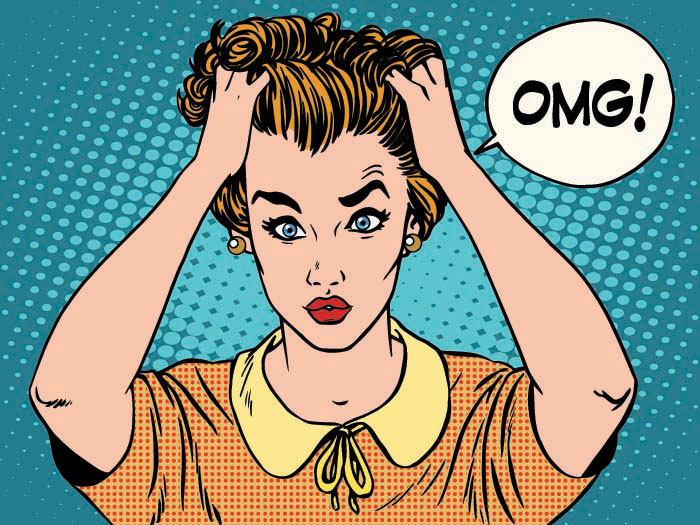
It's 7:30am and yet again you're stuck in peak hour traffic heading toward the city. As you stare at the car in front, you think to yourself “is this a freeway or a car park?!” For those doing the public transport commute, it's not much better.
Before you even arrive at the office, you're stressed, irritated by the traffic and the ever growing pile of work on your desk, only to realise you haven't sufficiently prepared for the morning meeting because you spent the previous night working overtime to complete a project to deadline.
You're not alone. We are all time poor, and it's a major drag on our productivity, not to mention our health and well-being. Stress has been shown to have an adverse affect on the immune system, leading to more sick days and a decrease in productivity.
Being overworked can lead to more employees calling in sick, habitual lateness, lack of self control, poor decision making and high employee turnover.
Many employers these days expect us to be available 24/7. We live in a time of information overload, occasioned by revolutions in the processing of information. We are surrounded by our electronic devices, flooded with emails and constantly connected, even when absent from the office. This is the nature of the 21st century workplace - high stress, faced paced and always switched on.
Even when a company has a sound work-life balance policy that allows for flexible working hours and generous holiday and sick leave, employees can still feel the pressure to work excessive or unpaid hours, in order to appear dedicated and committed to the company.
This may increase short term productivity temporarily, but in the long run, employee burn out and decreased productivity is imminent. Stress kills creativity and innovation, and these things can impact a company's ROI significantly.
It is important to take stock every once in awhile to ask yourself, “how can I be more productive in the workplace?” Here are some great tips on how to take time out to boost your productivity.
The key to productivity is knowing when to stop
This can be as simple as taking regular, short breaks, taking lunch breaks away from your desk, stopping to make a cup of coffee, leaving the desk for fresh air, or even consulting your business's work-life balance policy. The top 10 per cent of workplace performers were those who took 17 minute breaks for every 52 minutes of work.
Breaking routine
If you find yourself unable to resolve a problem or move forward, look for ways to break routine. Breaking routine is a good way to help improve creativity. Breaking routine could mean working from home occasionally, themed work days (e.g bring your pets to work day), planned work outings or even standing desks.
Train your brain to unwind and relax
It is often our most ordinary moments that spark brilliant ideas. Studies show natural, defocused attention is the hallmark of creativity. Neuroscientists have found that in our most creative moments, our brains are producing large amounts of dopamine, and dopamine is triggered when we are relaxed and feeling good.
Use technology to your advantage
If you can't afford to switch off your electronic devices, there are plenty of free apps designed to promote mindfulness and relaxation. Meditation can improve focus and creativity at work, and help with the management of stress. The Smiling Mind app provides free mindfulness and meditation tips. Mindfulness Daily offers a series of mindfulness exercises, and both apps allow you to track how you're feeling and share your experiences on social media.
Most large organisations recognise the importance of a healthy work-life balance. They see value in the word 'stop' and in not overworking their employees. When we stop we have time to see the larger picture; in this moment we can view a problem from a fresh perspective, and return to our desks with a greater sense of mental clarity to fully focus on the task of the moment.
